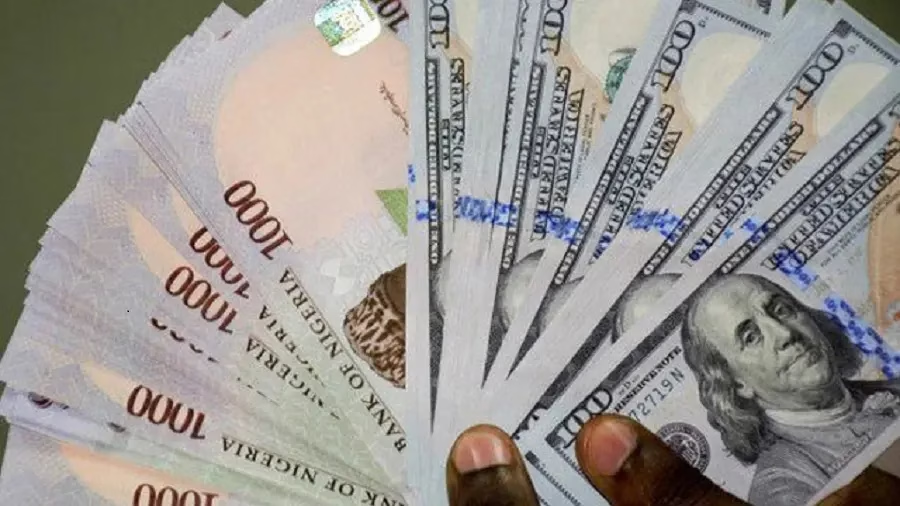Nigeria’s economic landscape has undergone significant changes since gaining independence in 1960, with the naira experiencing a substantial depreciation against the US dollar. According to Prof Godwin Oyedokun, an economist and university don, the naira’s value has plummeted from N0.71 to N1,475.35 per dollar over the past 65 years. This drastic devaluation is attributed to severe currency devaluation and drastic economic changes.
In an interview, Oyedokun cited economic mismanagement, over-reliance on oil revenues, and ineffective foreign exchange policies as the primary factors contributing to the naira’s decline. Nigeria’s post-independence history has been marked by high inflation rates, with the current rate standing at 21.12 percent as of August. The country also faces food and energy insecurity, which have further exacerbated its economic challenges.
Oyedokun emphasized the need for Nigeria to embark on massive economic diversification to address its current economic woes. He recommended that the government prioritize investments in infrastructure, encourage agricultural production, and strengthen governance to reduce corruption and create jobs. By doing so, Nigeria can work towards a more stable and prosperous future.
The economist’s comments come as Nigeria marked its 65th Independence anniversary, providing an opportunity for reflection on the country’s economic journey. With a focus on economic diversification and improved governance, Nigeria can harness its potential for growth and development. As the country moves forward, it is essential to address the challenges posed by youth unemployment, inflation, and energy insecurity to ensure a more stable economic future.
Nigeria’s economic situation is a complex issue, requiring a multifaceted approach to address its various challenges. By prioritizing economic diversification, investing in critical infrastructure, and strengthening governance, the government can create an environment conducive to growth and development. As the country continues to navigate its economic landscape, it is crucial to implement policies that promote stability, reduce corruption, and create opportunities for economic advancement.
